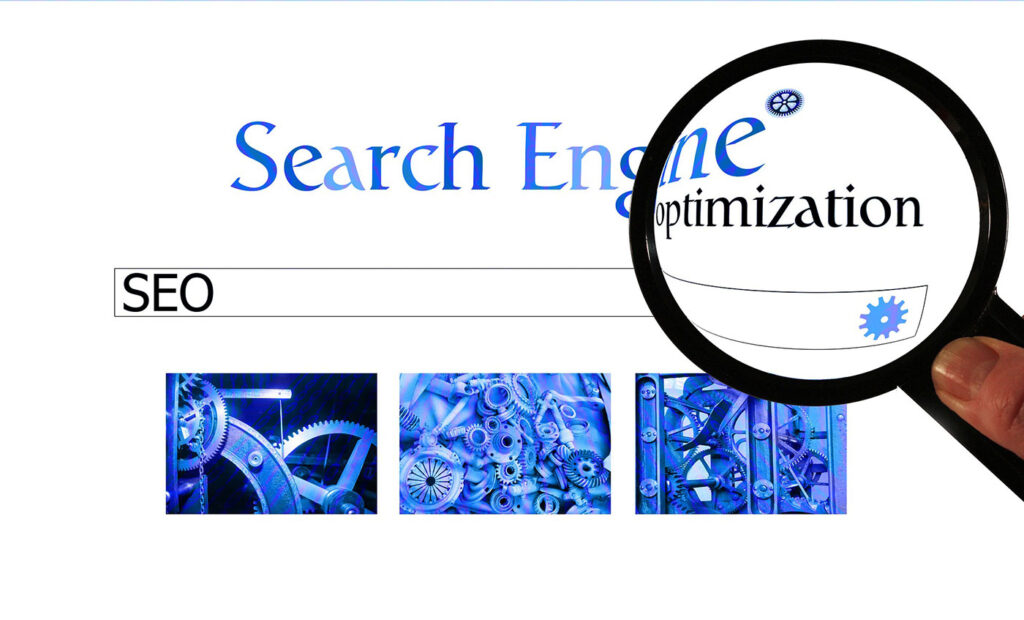Google’s algorithm considers various factors when ranking web pages, including the quality of content, relevance to a particular search query, and the authority of the source. However, in 2013, Google introduced a new concept called E-A-T, which stands for Expertise, Authoritativeness, and Trustworthiness, to help determine the quality of search results.
E-A-T is an important factor that Google’s human quality raters use to evaluate web pages, especially for topics that can affect people’s well-being, finances, or safety.

The concept of E-A-T
The concept of E-A-T comes from Google’s Search Quality Rater Guidelines, a document used by human quality raters to assess the quality of Google’s search results.
This document aims to help webmasters understand what Google looks for in a web page to help it rank higher in search results. E-A-T is one of the key elements that Google considers when determining the quality of a web page.
Component of E-A-T
Expertise
Expertise is the first component of E-A-T that Google evaluates. It refers to the level of knowledge or skill that an individual has in a particular field. Google evaluates expertise primarily at the content level rather than at the website or organizational level.
For YMYL (Your Money or Your Life) topics, which are topics that can potentially impact a person’s well-being, finances, or safety, Google considers formal expertise, qualifications, and education of the content creator to be crucial.
For example, when searching for medical, financial, or legal advice, it’s important to seek content created by subject matter experts with formal expertise.
Everyday Expertise
However, for non-YMYL topics, it’s about demonstrating relevant life experience and “everyday expertise.” In some cases, content creators may not have formal education or training in a particular field, but they may have enough “everyday expertise” to make them an expert on the topic.
For example, if someone is writing about a hobby or interest, they may not have formal qualifications or training, but their personal experience in that field can make them an expert. It’s also possible to have everyday expertise in YMYL topics.
For instance, people with specific diseases may share their personal experiences in forums and support pages, and this form of everyday expertise can be valuable.
Authoritativeness
The second component of E-A-T is authoritativeness. It refers to the reputation of the website or individual, particularly among other experts and influencers in the industry. When others see an individual or website as the go-to source of information about a topic, that’s authority.
Google evaluates authority by searching the web for insights into the reputation of the website or individual. To evaluate authority, raters are told to look for independent sources such as reviews, references, recommendations by experts, news articles, and other credible information created/written by individuals about the website.
Wikipedia
Wikipedia is one of the sources of information that Google mentions. Wikipedia articles can help one learn about a company and may include information specific to reputation, such as awards and other forms of recognition, or also controversies and issues.
However, it’s important to remember that authority is a relative concept. Some people and websites are authoritative when it comes to certain topics, but they may not be authoritative in other areas.
Trustworthiness
The third component of E-A-T is trustworthiness, which refers to the legitimacy, transparency, and accuracy of the website and its content. Google considers various factors to evaluate trustworthiness, such as whether the website states who is responsible for the published content.
For YMYL queries, it’s essential to have information about who is responsible for the content of the site. Having sufficient contact information is also crucial, especially for YMYL topics and online stores. If a store or financial transaction website has only an email address and physical address, it may be challenging for customers to trust them with their money.
Presence of Negative Reviews
Another factor that Google considers when evaluating trustworthiness is the presence of negative reviews or complaints about the website. Negative reviews or complaints about the website may signal a lack of trustworthiness, and this can affect the website’s ranking in search results. It’s crucial to address customer complaints and negative reviews promptly to avoid damaging the website’s reputation.
Tips for Improving E-A-T Scores
Improving E-A-T scores requires a combination of tactics, including creating high-quality content that demonstrates expertise, building a reputation as an authority in the industry, and ensuring that the website is trustworthy and transparent.
Below are some tips for improving E-A-T scores:
Demonstrate expertise in content creation
Creating high-quality content that demonstrates expertise is key to improving E-A-T scores. When creating content, website owners should consider the quality and depth of the content, ensuring that it provides value to the reader. Additionally, website owners should cite reputable sources to back up claims made in the content and ensure that the content is well-researched.
Build a reputation as an authority
Building a reputation as an authority in the industry can help improve E-A-T scores. Website owners should aim to establish relationships with other experts and influencers in the industry and engage in online conversations and forums to showcase their expertise. Additionally, they can seek out opportunities to contribute to reputable publications or speak at industry events to build their reputation.
Ensure transparency and accuracy
Transparency and accuracy are crucial components of trustworthiness, and website owners should take steps to ensure that their website is transparent and accurate. Website owners should provide clear contact information and information about who is responsible for the content on the website. The website owners should take steps to address any negative reviews or complaints promptly and professionally.
Consider hiring experts
For YMYL topics, it’s crucial to have formal expertise, qualifications, and education in the field. Website owners who lack formal expertise may want to consider hiring experts to create content for their website. This can help ensure that the content is accurate and demonstrates expertise.
Stay up to date with Google’s algorithms
Google’s algorithms are constantly evolving, and website owners should stay up to date with the latest changes to ensure that their website is optimized for search engine rankings. Website owners can monitor changes to Google’s algorithms through industry blogs and forums and can work with SEO professionals to ensure that their website is optimized for search engine rankings.
Conclusion
E-A-T is a critical factor that website owners must consider when creating and optimizing their website for search engine rankings. By focusing on creating high-quality content that demonstrates expertise, building a reputation as an authority in the industry, and ensuring transparency and accuracy, website owners can improve their E-A-T scores and achieve higher search engine rankings.
Additionally, website owners should stay up to date with Google’s algorithms to ensure that their website is optimized for search engine rankings. By prioritizing E-A-T, website owners can improve the visibility and credibility of their website and drive more traffic to their website.






